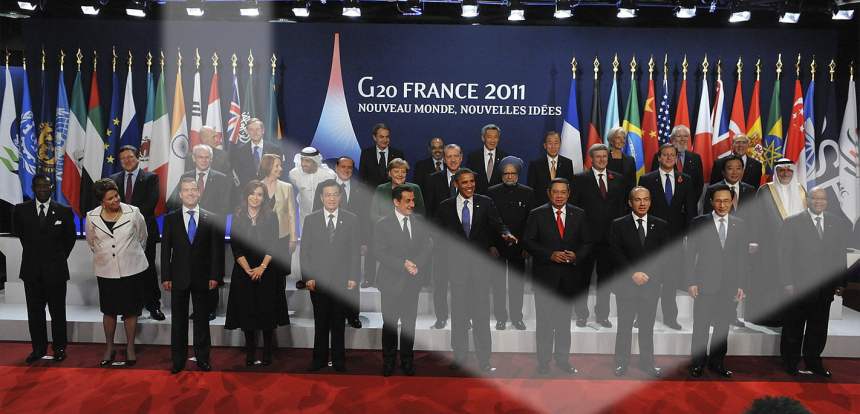The Financial Stability Board (FSB), the body that coordinates financial regulation for the G20, resisted calls from some members to regulate cryptocurrencies.
G20 Regulatory Body Rejects Regulating Cryptocurrencies
Too little consensus was found during the Financial Stability Board (FSB) meeting to pursue radical action toward the cryptocurrency world. Mark Carney, Governor of the Bank of England and current Chairman of the FSB, said in a letter:
“The FSB’s initial assessment is that crypto-assets do not pose risks to global financial stability at this time.”
Carney, however, was explicitly in favor of regulation in a speech earlier in March: “A better path, I suggest, would be to regulate elements of the cryptocurrency ecosystem to combat those illicit activities, promote market integrity, and protect the safety and soundness of the financial system. Indeed, the time has come to hold the crypto asset ecosystem to the same standards of the rest of the financial system.”
Now, the FSB Chairman suggested that whoever succeeds him would lead a financial watchdog more focused on reviewing rules rather than pushing through new standards. Carney will stand down next year.
Resistance to regulation from the leading central bankers and finance ministers is a new trend ever since U.S. President Donald Trump ordered American regulators to scale back on it. The FSB now presents itself as an open, disciplined and efficient body which has scrapped a quarter of its working groups.
“As its work to fix the fault lines that caused the financial crisis draws to a close, the FSB is increasingly pivoting away from the design of new policy initiatives towards dynamic implementation and rigorous evaluation of the effects of the agreed G20 reforms.”
In a hearing at the U.S. Congress last week, Coinbase’s CLO Mike Lempres said there is no need for further regulation, but more clarity regarding the roles of the financial watchdogs.
In the meantime, the Winklevoss twins are about to create a self-regulatory body for cryptocurrencies, ‘Virtual Commodity Association’.
In February, the ECB’s Chair of the Supervisory Board Daniele Nouy told CNBC that regulating cryptocurrency is “not exactly very high on its to-do list”. Europe has no cryptocurrency regulation and Bitcoin does not pose a threat to the Euro, in the eyes of the European Central Bank. Mario Draghi, Governor of the ECB, said Bitcoin isn’t mature enough to be regulated.
The cryptocurrency world may have started about ten years ago, but there’s still much room for improvement in its underlying technology. The last thing this new industry needs is regulation that harms its potential to change the world as we know it. The new paradigm may be a reality in five years time if regulators don’t press too hard.























